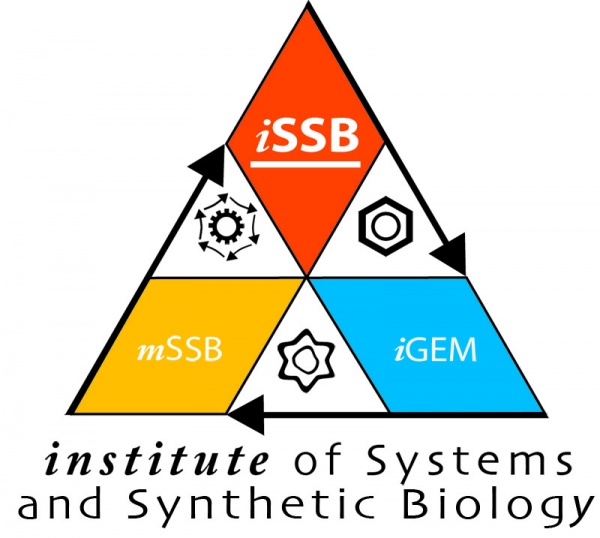Team:Evry
From 2013.igem.org
| Line 17: | Line 17: | ||
<p> | <p> | ||
| - | Using the Ferric Uptake Regulation (FUR) system that controls siderophore biosynthesis (iron chelator), we use a genetic inverter to engineer <i>Escherichia coli</i> to produce siderophores in response of high concentrations of iron. | + | Using the Ferric Uptake Regulation (FUR) system that controls siderophore biosynthesis (iron chelator), we use a genetic inverter to engineer <i>Escherichia coli</i> to produce siderophores in response of high concentrations of iron. These engineered bacteria are then delivered to the patient's intestine by encapsulating them in an ingestible polymer that specifically degrades in the duodenum. Once released into the intestine, the bacteria respond to ambient iron by secreting elevated levels of siderophores that chelate the iron, thereby preventing is absorption by the patient. |
</p> | </p> | ||
Revision as of 19:34, 20 September 2013
Welcome to the Iron coli Project Home Page

Abstract
Our project focuses on developing a novel treatment for hematological disorders caused by an iron overload, such as hemochromatosis and thalassemia. These autosomal recessive disorders have symptoms including cirrhosis, arthritis, and heart failure, which result from overabsorption of iron from the duodenum. Although these are among the most common heritable disorders, treatments for iron overload are limited. Even today it is mostly treated by frequent bloodletting, which not all patients can support. The aim of our project is to combat these disorders at the source by developing a therapy that prevents the intestinal absorption of iron.
Using the Ferric Uptake Regulation (FUR) system that controls siderophore biosynthesis (iron chelator), we use a genetic inverter to engineer Escherichia coli to produce siderophores in response of high concentrations of iron. These engineered bacteria are then delivered to the patient's intestine by encapsulating them in an ingestible polymer that specifically degrades in the duodenum. Once released into the intestine, the bacteria respond to ambient iron by secreting elevated levels of siderophores that chelate the iron, thereby preventing is absorption by the patient.
 "
"













